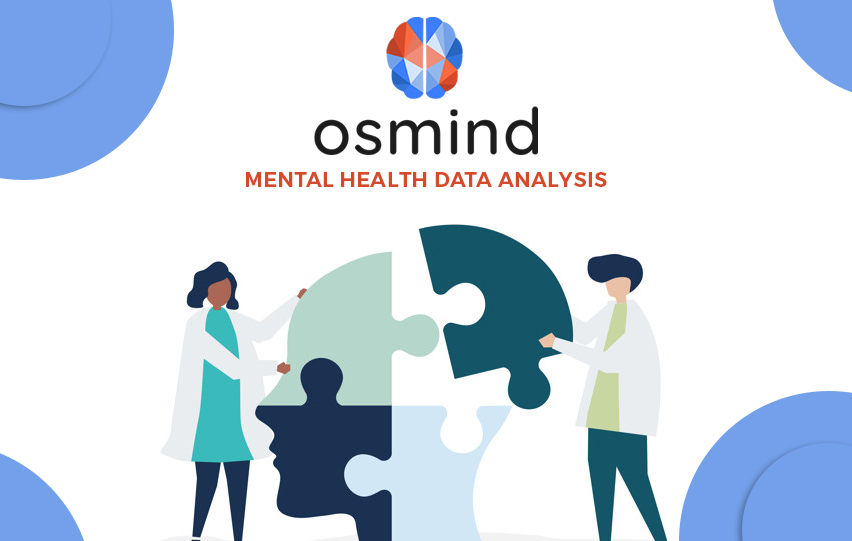Clinical practice management and data analysis platform Osmind will be focused on mental health with the use of psychedelics as treatments, said Tech Crunch. The startup will be providing software and services to provide innovative treatments for mental health issues.
Osmind, which partnered up with startup accelerator Y Combinator, will be working with pharmaceutical companies and insurers and will provide them with the right data to make services available to patients in need of treatments.
Tech Crunch described Osmind services as something “that will make the provision of care, and proof of the efficacy of treatment, more readily available.”

The platform will collect and analyze data from the most in-need patient population. This data will then be given to drug developers for clinical trials. It will also help insurers refer the best care provider for specific patients and their needs
Moreover, the software will help providers streamline administrative tasks, patient outreach, and remote monitoring without the need for tech-savvy users.
Through these features, the software will create datasets, which can be used by medication developers to “clinically validate some of these more experimental forms of therapy including psychedelics and ketamine treatment.”
The founders
Osmind co-founders Jimmy Qian and Lucia Huang, who both have backgrounds in healthcare, met at Stanford University. The two launched the startup to give mental health patients access to tech-advanced treatments.
Huang worked as an investment banking analyst at Evercore and as an associate at private equity investment company Warburg Pincus, both with a focus on healthcare.
She also worked as director of operations and finance at drug discovery firm Verge Genomics. Huang entered Stanford as a business school student.
On the other hand, Qian worked with non-profit organizations that concentrated on addressing mental health while finishing his undergraduate at the University of Pennsylvania, as well as during medical school at Stanford.
Qian and Huang both concentrated on mental health in the past. According to them, 11 million individuals in the United States resist therapies. Treating them can cost up to $250 billion.
Huang said in an interview that “nobody has been able to help this patient population” and that “Pharma doesn’t develop drugs for them.”
With the 2-month old startup, the two have been providing service to 30,000 patients through 30 practices. Clinics that do not have the human resource to constantly and consistently gather patient info will benefit from this platform, according to Qian.
















